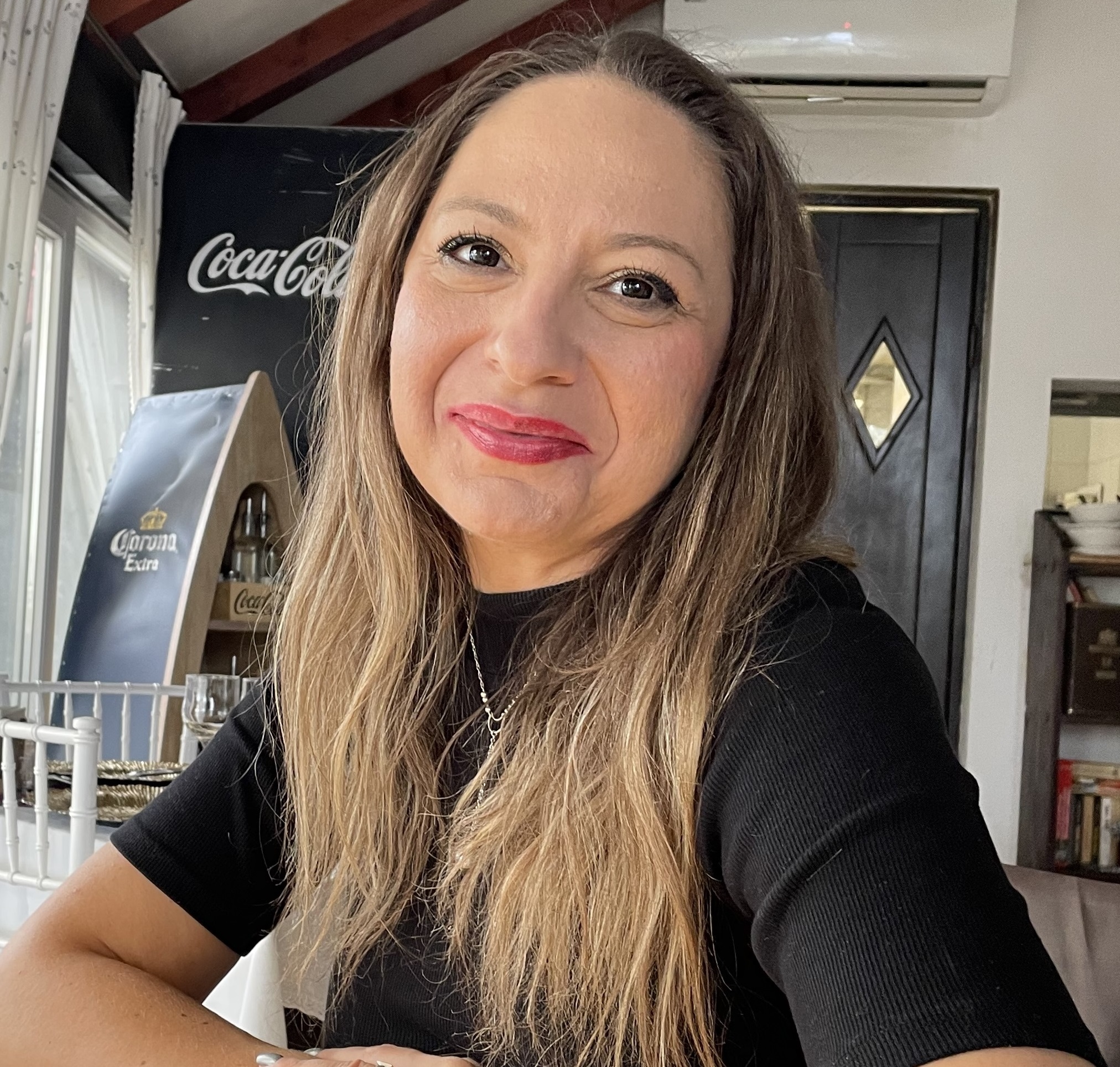A day in the life of a Clinical Operations Leader
At Parexel, our Clinical Operations Leaders (COLs) embrace a holistic approach to project success. Being a Clinical Operations Leader means supporting and collaborating with others, ensuring that their team members feel heard and valued, and providing feedback and guidance when needed. They also actively engage with clients and other departments. COLs are encouraged to embrace continuous learning to stay at the forefront of industry trends and overcome challenges through innovation and adaptability. Within the industry, the COL role is also known as Clinical Trial Manager and Study Operations Manager.
Introducing Viviana and Jani

Viviana Gergen
Senior Clinical Operations Leader (Romania)
I have been at Parexel since January 2014. I am a doctor by education and initially practiced in gynecology. About 20 years ago I was asked to work as a Study Nurse for 3-month in a phase I clinical study. This area was new for me and I was curious to learn more. It turned out to be a great fit for me. This led me to become a CRA, a Lead CRA, and eventually a Project Leader. However, I soon realized that my true passion lays in being a Clinical Operations Leader.

Jani Van Wyk
Senior Clinical Operations Leader (South Africa)
I started at Parexel in 2017 as a Project Specialist. This role taught me quite a lot about project management and prepared me for my current role as a Clinical Operations Leader. I was immediately drawn to the demanding and busy nature of operational work, which allowed me to stay on top of every aspect of the study. I enjoy the excitement and challenges that come with the role, along with the opportunity to work closely with team members to ensure the success of their projects
What does a Clinical Operations Leader do?
As a COL at Parexel, you'll have the responsibility of overseeing all phases of a study, guided by a responsibilities Excel tracker. You'll create and review study documents, provide input on clinical plans and systems, and collaborate with cross-functional teams. Your role encompasses site activation, patient recruitment, and site closure, ensuring the project's success from start to finish. Joining Parexel as a COL means taking on significant responsibilities, being open-minded and making a meaningful impact in clinical research.
Viviana and Jani on what mindset you need to become a COL:
- Enjoyment and Motivation: A COL at Parexel needs to genuinely enjoy the work they do and maintain strong motivation at all times.
- Flexibility in Thinking: Being adaptable and open is key to incorporating recommendations or suggestions into your processes. Parexel emphasizes recommendations rather than hard-set rules, so use these insights to create your own manual or document that can make your team's work more efficient and keep clients satisfied.
- Demonstrating Ownership and Assertiveness: Being assertive is a valuable trait as a COL. I remember my Line Manager telling me, "Your monitoring plan is your plan, so be confident when creating it. Own it." While input from sponsors and Line Managers is essential, take ownership of your work and take action.
- Embracing Possibilities for Success: Starting out, it's natural to have some uncertainties, but by being proactive and embracing possibilities, you can truly excel in the role.
Typical tasks through the day as a Clinical Operations Leader (COL) are:
Learn more about being a COL
Being a COL in Parexel, collaboration, innovation, and continuous improvement are at the core of what we do. You play a pivotal role in driving the success of clinical operations where we value your insights and provide a robust support system to help you make a meaningful impact on the future of clinical research. COLs embark on an exciting journey, where possibilities are endless in advancing healthcare and making a difference in the lives of patients.
What are the challenges of a COL?
Jani: When you step into the role of a COL, you don't realize the significant responsibility that comes with it. As a COL, you are not only accountable for delivering high-quality work yourself, but you also shoulder the responsibility of ensuring the first-time quality of the entire team on the project.
How does a COL ensure high-quality deliverables for the entire team on a project?
Viviana and Jani: Throughout the project, it is crucial for you to diligently review and offer valuable feedback to site staff. Maintaining an open-minded approach, be sure to raise questions to all functional leads, recognizing that your role as a Head of Operations requires getting sites running smoothly. You also need to ensure everyone is doing their part. It is not just you and your clinical team; you need to get operations up and going and continue through the project and the closure as well.
Viviana and Jani highlight the following key aspects of support provided by COLs:
-
Active Listening and Feedback: Actively listening and providing feedback to ensure everyone feels supported. COLs make sure to provide early replies, seeking feedback or indicating a need for more information to address any questions or concerns.COLs serve as continuous consultants for other COLs, CRAs, and team members. They encourage open communication, sharing ideas and recommendations, and learning from one another's perspectives.
-
Collaboration and Communication: COLs actively collaborate and communicate with all functional leaders (FLs) throughout a study, ensuring smooth operations and alignment among all parties.
-
Virtual Shared Lessons Calls: Virtual shared lessons calls have improved client relationships and communication. The practice of sharing presentation slides every quarter ensures continuous learning and development, particularly for new team members. This enables valuable knowledge to be circulated, creating a platform for ongoing growth and progress.
-
Problem Resolution and Support: COLs work closely with their Line Manager (LM) and the LM of CRAs and iCRAs to promptly resolve any issues that may arise during a study. They understand the importance of reaching out for support and avoiding the temptation to solve everything alone.
-
Oversight and Prevention: COLs remain vigilant in overseeing other departments to prevent oversights that could have a significant impact on the success of the entire team.
Do you want to work with Viviana, Jani, and their colleagues? Look for suitable Clinical Operations Leader opportunities here.
Sign up for our Talent Community
Sign up and we’ll reach out with job alerts when positions that match your career interests become available. We’ll also share periodic updates about the latest company news and events.




